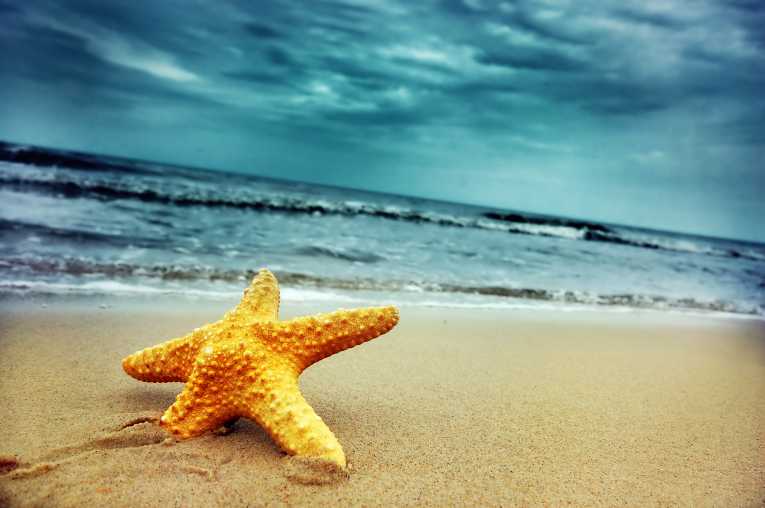The vast outpouring into the oceans, of human-sourced pollution, isn't just a threat to the survival of marine ecosystems - it's even spurring evolution to push species apart.
Funnels of contaminant-loaded waters, being discharged from urban centers along the American Pacific coast, appear to form barriers to sea stars mingling. That's causing them to drift apart genetically, according to a study from the Institute of Marine Biology, at the University of Hawaii.
The research, published in online journal Nature Communications, looked at sea stars in particular as these opportunistic bottom-dwelling feeders are not under direct pressure from humans.
The scientists, Jon Puritz and Dr. Rob Toonen, were looking at how the indirect effects of pollution might affect marine organisms - especially in the larval stages.
Adult sea stars don't move around much; but the community of sea-stars was thought to mix genetically along the whole Pacific coast, due to the wide ranging of the larval stage. When juvenile, the tiny sea star larvae float with oceanic currents, and so populations should remain in touch. However streams of pollution may interfere with that usual interchange.
The combined flow from sewage and contaminated river basins includes chlorinated and petroleum hydrocarbons, heavy metals, excess nutrients and bacteria - so a toxic effect on larval stages seemed plausible.
They looked specifically at a small brown sea star, Patiria miniata, in the the Southern California Bight area. The team hoped that by studying the genetic diversity of its populations along the coast, they would be able to spot any influences from pollution run-offs.
And they did indeed find that pollution was having two distinct effects. First, those sea stars separated by pollution flows were showing increased genetic differentiation - in evolutionary terms they were separating out. But also, those sea stars unfortunate enough to be very close to the flows showed a marked decrease in diversity.
Lead author, Jon Puritz, saw this as an important confirmation of the widening sweep of man's hand on the oceans: ''This study changes the scale at which we thought human beings can affect non-harvested marine species. These results have the potential to change the way anthropogenic factors are incorporated into marine reserve design and ecosystem-based management.''










